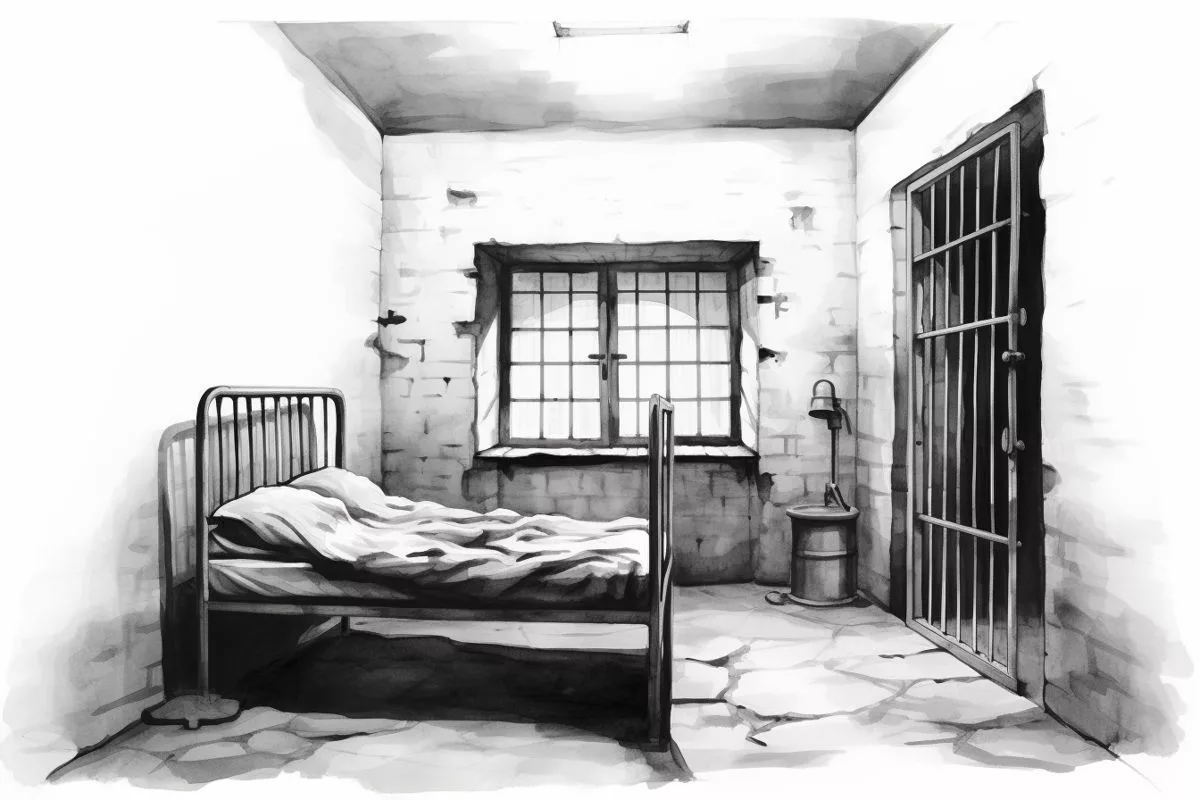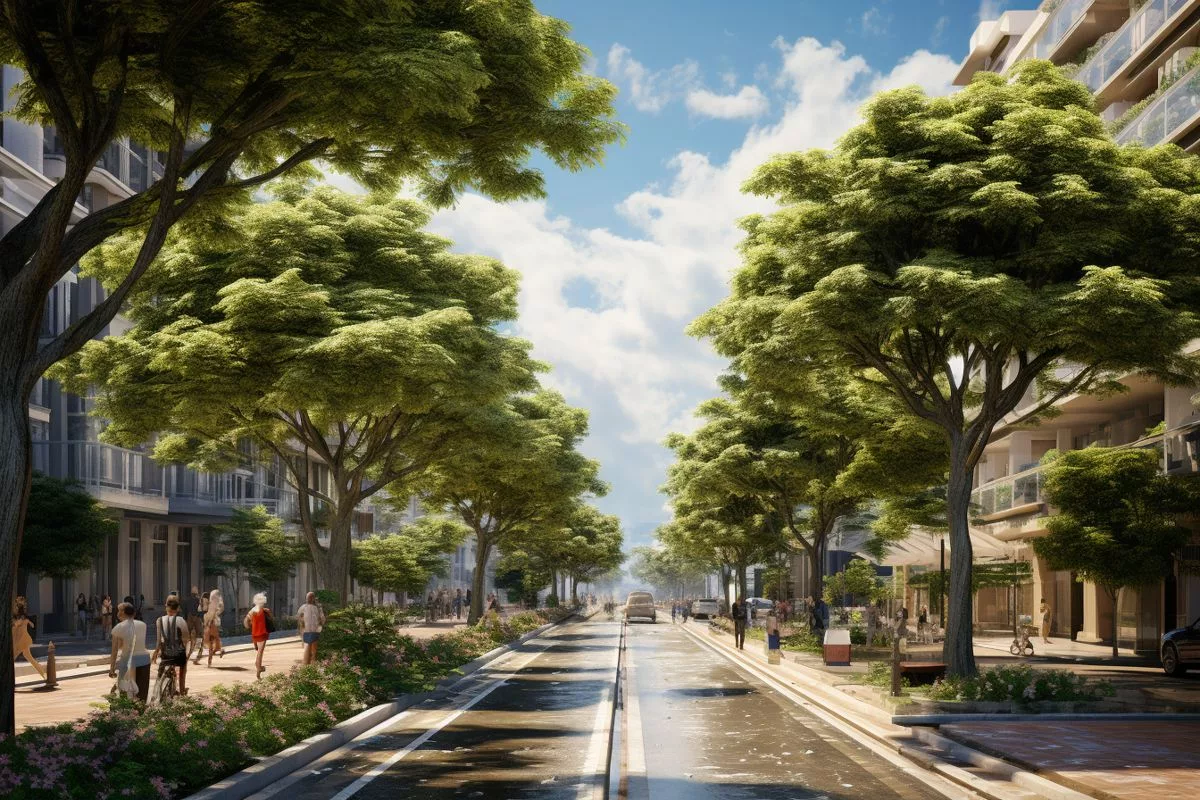The Commission for Gender Equality is working to improve the living conditions of female inmates at Worcester Women’s Correctional Service Centre by addressing issues such as overcrowding, lack of resources, and deficient mental health services. The CGE plans to evaluate the infrastructure, security, healthcare services, and daily operations during their visit to the correctional centre. Additionally, the CGE will prioritize inmates’ well-being by ensuring the availability of adequate healthcare services, particularly mental health support, and promoting victim-centered approaches during parole hearings.
What is the Commission for Gender Equality doing to enhance the living conditions of female inmates in Worcester’s Correctional Facilities?
The Commission for Gender Equality is working to improve the living conditions of female inmates at Worcester Women’s Correctional Service Centre by addressing issues such as overcrowding, insufficient resources, and deficient mental health services. The CGE plans to visit the correctional centre to evaluate the infrastructure, security, healthcare services, and daily operations. Additionally, the CGE will promote victim-centered approaches during parole hearings and prioritize inmates’ well-being by ensuring the availability of adequate healthcare services, particularly mental health support.
Addressing the Plight of Female Inmates
The Commission for Gender Equality (CGE) is actively working to enhance the living conditions of female inmates in the Worcester Women’s Correctional Service Centre, situated in the Western Cape. This effort stems from a past study that examined the health and well-being of female inmates, shedding light on issues such as overcrowding, insufficient resources, and deficient mental health services.
Overcrowding has persisted as a major concern in correctional facilities in recent years, contributing to the spread of diseases and an inability to deliver adequate healthcare services. The CGE’s study underscored the resource scarcity for detecting and treating illnesses, particularly mental health difficulties commonly faced by women.
In the context of its oversight role, the CGE plans to visit the Worcester Women’s Correctional Service Centre from November 6th to 7th, 2023. The purpose of this visit is to follow up on earlier findings and assess the advancements made since the initial study. Additionally, the CGE will visit the Worcester Men’s Correctional Services to ensure a comprehensive approach to gender equality in correctional facilities.
Evaluating Correctional Centres and Identifying Issues
During these oversight visits, the CGE will address several aspects of the correctional centres, including:
- Identifying challenges related to infrastructure encountered by the Department of Correctional Services.
- Investigating the conditions and statistics concerning overcrowding.
- Evaluating the security provided to inmates.
- Examining the healthcare services and facilities accessible to inmates.
- Observing daily operations within the correctional centres.
- Assessing the effect of budget limitations on inmates’ human dignity and well-being.
- Reviewing the procedures for admitting individuals to a correctional centre.
- Promoting victim-centered approaches during parole hearings.
These thorough assessments will offer valuable insights into the current state of correctional centres and the obstacles faced by the Department of Correctional Services in ensuring gender equality and the well-being of inmates.
Moreover, the CGE’s visits underscore the significance of addressing mental health difficulties and guaranteeing proper healthcare provisions for female inmates. By concentrating on these concerns, the CGE seeks to establish a more equitable environment in correctional facilities and advocate for the rights of all individuals, irrespective of gender.
Seeking Solutions and Promoting Well-Being
The visit to Worcester Women’s Correctional Service Centre is a critical step in comprehending the challenges experienced by female inmates and identifying feasible solutions to enhance their living conditions. By scrutinizing various aspects of the correctional centres, the CGE can pinpoint areas requiring improvement and suggest suitable actions to the Department of Correctional Services.
Furthermore, these oversight visits serve as a reminder that prioritizing inmates’ well-being is essential. Ensuring the availability of adequate healthcare services, particularly mental health support, is vital for promoting human dignity and rehabilitation.
The CGE’s dedication to gender equality and inmate welfare in correctional facilities brings attention to the broader issue of human rights within the criminal justice system. By concentrating on inmates’ health and well-being, correctional facilities can encourage positive changes and decrease recidivism rates. Ultimately, addressing the needs of inmates, especially female inmates, fosters a more equitable and just society.
In summary, the CGE’s oversight visit to the Worcester Women’s Correctional Service Centre plays a crucial role in the ongoing efforts to promote gender equality and enhance the well-being of inmates in correctional facilities. By tackling issues like overcrowding, resource shortages, and mental health difficulties, the CGE aims to cultivate a more equitable environment for all individuals within the criminal justice system. Through this initiative, the CGE is taking significant strides toward forging a more just and equal society for all.
What were the issues identified in the past study conducted by the CGE regarding female inmates in Worcester Women’s Correctional Service Centre?
The past study conducted by the CGE highlighted issues such as overcrowding, insufficient resources, and deficient mental health services in Worcester Women’s Correctional Service Centre.
What is the purpose of the CGE’s visit to Worcester Women’s Correctional Service Centre?
The CGE plans to visit the correctional centre to evaluate the infrastructure, security, healthcare services, and daily operations. Additionally, the CGE will promote victim-centered approaches during parole hearings and prioritize inmates’ well-being by ensuring the availability of adequate healthcare services, particularly mental health support.
What will the CGE assess during their visit to the correctional centres?
The CGE will assess the following aspects of the correctional centres: identifying challenges related to infrastructure encountered by the Department of Correctional Services, investigating the conditions and statistics concerning overcrowding, evaluating the security provided to inmates, examining the healthcare services and facilities accessible to inmates, observing daily operations within the correctional centres, assessing the effect of budget limitations on inmates’ human dignity and well-being, reviewing the procedures for admitting individuals to a correctional centre, and promoting victim-centered approaches during parole hearings.
What role does mental health support play in the CGE’s efforts to enhance the well-being of female inmates?
Mental health support is a crucial aspect of the CGE’s efforts to enhance the well-being of female inmates. The CGE recognizes the prevalence of mental health difficulties commonly faced by women in correctional facilities and seeks to ensure the availability of adequate healthcare services, particularly mental health support, to promote human dignity and rehabilitation.
What is the significance of addressing the needs of female inmates in correctional facilities?
Addressing the needs of female inmates in correctional facilities is essential for promoting gender equality and creating a more equitable and just society. By concentrating on inmates’ health and well-being, correctional facilities can encourage positive changes and decrease recidivism rates.
What impact can prioritizing inmates’ well-being have on the criminal justice system?
Prioritizing inmates’ well-being can have a positive impact on the criminal justice system, including encouraging rehabilitation and decreasing recidivism rates. By addressing the needs of inmates, especially female inmates, correctional facilities can foster a more equitable and just society for all individuals.
What is the broader issue that the CGE’s initiative brings attention to?
The CGE’s initiative brings attention to the broader issue of human rights within the criminal justice system. By focusing on the well-being of inmates and advocating for gender equality, the CGE aims to promote a more equitable and just society for all individuals.
What is the importance of the CGE’s visit to Worcester Men’s Correctional Services?
The CGE’s visit to Worcester Men’s Correctional Services ensures a comprehensive approach to gender equality in correctional facilities. By evaluating both men’s and women’s correctional services, the CGE can identify common challenges and suggest suitable actions to the Department of Correctional Services.








